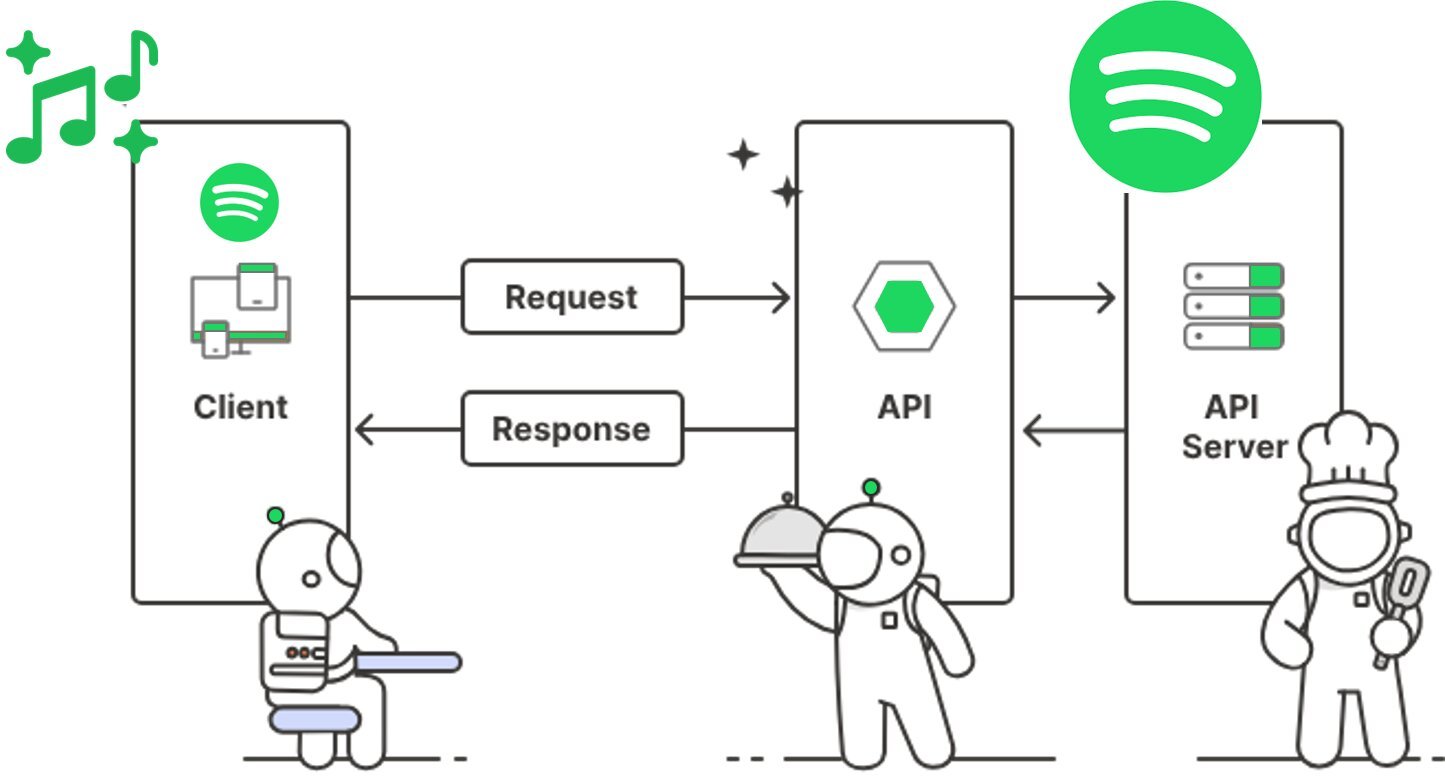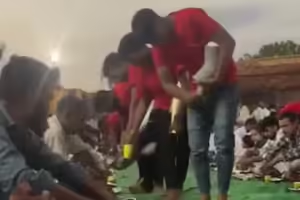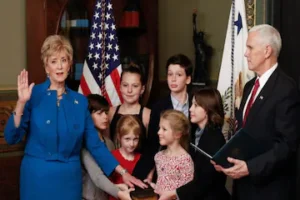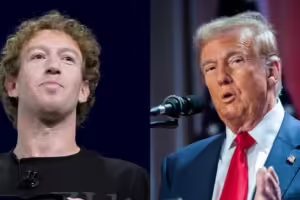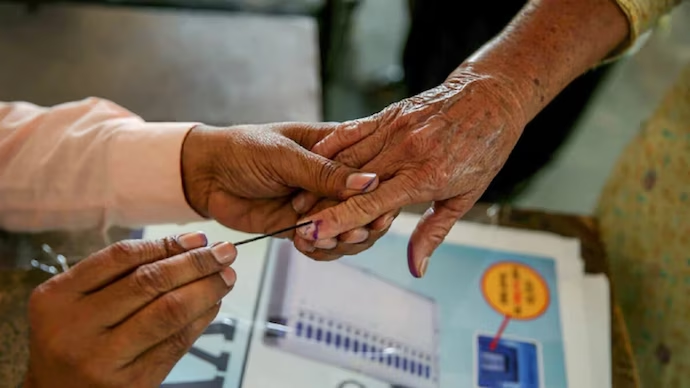In Jharkhand, a jostle for the women vote

Ahead of next month’s two-phase Assembly election in the State, women have risen as a significant voting group. Both the ruling JMM-led coalition and the Opposition BJP are vying for their support by offering incentives. As the election campaign gains momentum, female voters are welcoming the surge in promises, seeing it as an opportunity for increased benefits with the heightened competition.
Tirkey, a resident of Ukhiya, is experiencing a newfound sense of significance. Despite spending over twenty years vending vegetables along the roadside in Ranchi, this 48-year-old individual now perceives themselves as part of a constituency with the potential to sway election results for the very first time.
Heading towards a two-phase Assembly poll next month, Jharkhand is witnessing a surge in campaigning as individuals such as Sukhiya and many others like her are becoming a significant voting bloc. This has led political parties to actively seek their support in the upcoming elections.
The coalition government led by Jharkhand Mukti Morcha (JMM) in the State sanctioned a raise in the aid provided to women from economically disadvantaged families under the Mukhyamantri Maiya Samman Yojana (MMSY) from ₹1,000 to ₹2,500 per month on October 14.
Should the Opposition Bharatiya Janata Party (BJP) ascend to power, a monthly stipend of ₹2,100 for women in the State served as the catalyst for the hike. Forms capturing information of potential beneficiaries are already being disseminated by the party.
Scheduled for November 13 and 20 are the elections for Jharkhand’s 81 Assembly constituencies, coinciding with the implementation of the increased allowance from December.
The vote bank
The State’s electoral rolls indicate a collective of 2.59 crore voters this year, with 1.31 crore being male and 1.28 crore female. In 32 out of the 81 constituencies, women surpass men in numbers.
Among the 32 seats mentioned, 26 are designated for Scheduled Tribes (STs) and two for Scheduled Castes (SCs). Some of these constituencies include Chaibasa, Ghatshila, Manoharpur, Kharsawan, Kunti, Shikaripara, Majhgaon, Maheshpur, Littipara, and Simdega. Overall, the State comprises 28 ST-reserved constituencies and nine SC-reserved constituencies.
In the recent Lok Sabha election in Jharkhand, a noteworthy trend emerged as more women turned up to cast their votes compared to men. This shift has grabbed the attention of political parties, prompting them to focus on appealing to this significant voter segment. Jharkhand’s Chief Electoral Officer, K. Ravi Kumar, pointed out that the increased female voter turnout was attributed to their proactive engagement and the relocation of men from the state.
The spokesman informed journalists that out of the 17 million voters who participated in the elections for the 14 Lok Sabha constituencies, 87.11 lakh were female while 83.85 lakh were male. He highlighted that women voters had a higher turnout in 12 parliamentary seats, whereas male electors showed a slightly greater presence in Ranchi and Jamshedpur constituencies. Analyzing the data at the Assembly segment level, it was noted that women exceeded men in voting numbers in 68 constituencies, with men casting more votes in just 13 Assembly seats, as per Kumar’s statement.
Following the Lok Sabha elections, the government led by Hemant Soren recognized the significant role of female voters and introduced the Mukhyamantri Maiya Samman Yojana (MMSY) in August this year. This flagship program targets women between the ages of 18 and 50, with a noteworthy 48.15 lakh registrations and ongoing benefits. Additionally, women aged 50 and above are already benefiting from a monthly ₹1,000 stipend through the universal pension scheme in the state.
The BJP’s Opposition retaliated by launching their own initiative called the Gogo Didi Yojana. Gogo symbolizes mother in Santhali while didi represents sister in Hindi. Amid the intense political competition leading up to the election, the Soren administration has recently declared a raise to ₹2,500 monthly. This move is projected to result in an extra expenditure of approximately ₹900 crore.
What women think
Sukhiya expresses astonishment at the unexpected government support, revealing, “I never fathomed receiving ₹1,000 monthly. With four women in our household each benefiting from this, we now receive an extra ₹4,000 monthly. Rumors suggest the government might raise the sum.
Neelam Lakra, a 48-year-old resident of Namkum in Ranchi, attributes her newfound independence to the financial aid she receives. Residing in a slum, she expresses gratitude for no longer having to rely on others for basic necessities. “My husband’s daily wages are insufficient to sustain our family of five. This assistance has significantly helped us in providing adequate nutrition for our three children. Receiving ₹12,000 per year is indeed a substantial source of relief for individuals in similar circumstances,” she explains.
Neelam, a beneficiary, perceives the heightened rivalry among political parties vying for women’s support as advantageous, believing that the escalating promises of cash handouts serve to benefit their interests. She asserts that the increased competition equates to a greater influx of cash.
Lately, there has been a growing trend in poll-bound States where financial aid for women has become a common practice. The provision of cash handouts has proven beneficial for the BJP in overcoming anti-incumbency amidst financial challenges in various States. A notable example is the Ladli Behna scheme in Madhya Pradesh, which offers ₹1,000 per month to women from households with an income of ₹2.5 lakh, credited with helping the party secure victory in the November 2023 Assembly election. Following Shivraj Singh Chouhan as Chief Minister, Mohan Yadav increased the monthly allowance to ₹1,250 and pledged a gradual rise to ₹3,000.
Not a first
The governing Mahayuti coalition in Maharashtra, comprising the BJP, the Shiv Sena led by Eknath Shinde, and the Nationalist Congress Party under Ajit Pawar, launched the Mukhyamantri Majhi Ladki Bahin Yojana. This initiative, aimed at emulating the successful model in Madhya Pradesh, entails a budget of ₹46,000 crore to offer ₹1,500 monthly to 2.5 crore women aged between 21 and 65, who earn below ₹2.5 lakh annually.
The recently held Haryana Assembly election saw the BJP implementing a comparable strategy. While the Congress pledged to provide ₹2,000 monthly to women aged 18 to 60 if elected, the BJP offered ₹2,100 per month under the Lado Lakshmi Yojana.
The BJP has been focusing on criticizing Soren in Jharkhand for the cash assistance scheme, calling it a pre-election political move, despite its efforts to attract female voters in Maharashtra. Babulal Marandi, the party’s Jharkhand president, previously alleged that the Chief Minister was enticing voters with various schemes leading up to the election.
Marandi accused Hemant Soren of deceiving the residents of Jharkhand over a period of five years. He alleged that Soren is strategically laying traps to ensnare the unsuspecting public as the elections draw closer.
The third installment of the scheme was already transferred by Soren earlier this month. In a recent declaration, the Chief Minister expressed, “We have successfully linked half of the State’s populace to the Samman Yojana, marking a significant milestone in the nation’s history. A total of fifty lakh women have been included in this initiative. Our focus remains on empowering the mothers and sisters of the State.”
On the eve of Rakshabandhan in August, the initial payment was made, followed by the second one in September, and the third in October. The fourth payment is scheduled to be disbursed on November 5, coinciding with the celebration of Chhath Puja.
Accusing Soren, the Chief Minister of Assam, Himanta Biswa Sarma – who also serves as the BJP co-incharge of the Jharkhand Assembly election – mounted an offensive by alleging that Soren deceived the women of Jharkhand. Sarma claimed that Soren failed to provide ₹2,500 from the outset and only adjusted the amount following the BJP’s proposal. He mentioned that approximately 60,000 women had completed the forms for the Gogo Didi Yojana before the implementation of the Model Code of Conduct on October 15.
Sarma stated that unlike Hemant Soren, who initiated the scheme with ₹1,000 despite having resources for ₹2,500, the first Cabinet of the BJP-led NDA will promptly kickstart the Gogo Didi Yojana as promised, without delay, once established.
In an effort to counter the Opposition’s criticisms, the JMM has nominated Kalpana Murmu Soren, the Gandey MLA and wife of the Chief Minister, to lead the JMM’s ‘Maiya Samman Yatra’ campaign aimed at engaging with the women of the State.
Earlier this year, Kalpana ventured into the realm of politics following her husband’s incarceration in a suspected money laundering case in March. Subsequently granted bail, she proceeded to participate in and emerge victorious in the Gandey by-election, securing a triumph by a significant margin of 26,000 votes in the seat left vacant by Sarfaraz Ahmad’s transition to the Rajya Sabha.
The newcomer in the political field, the MLA from Gandey, has swiftly become the coveted ‘star campaigner’ sought after by all JMM leaders for their campaigns. With more than 50 public meetings under her belt already, she is making a significant impact.
The previous month, the public caught a glimpse of her as she graciously acknowledged the women in Jamshedpur for their backing of the cash transfer scheme and various government initiatives, while seated elegantly on the car’s hood in traditional attire.
Manju Kisku, a 35-year-old resident of Lohardaga district, highlights Kalpana Soren’s unique ability to establish a direct connection with female voters. Despite being the wife of a Chief Minister, she is perceived by many in rural areas as relatable, someone who engages with them on a personal level by sitting, eating, and conversing with them.
BJP stronghold
In recent years, the BJP has faced challenges in regaining support from the tribal community in Jharkhand, despite its historical dominance in the region since the State’s inception in 2000. During the 2019 Assembly election, the party secured victory in just 2 out of the 28 reserved seats, a significant decline from the 11 seats it held in 2014.
The JMM-Congress-Rashtriya Janata Dal coalition emerged victorious with 47 seats in total, while the BJP secured just 25 seats, marking a decrease of 12 seats compared to 2014. Despite appointing Marandi, a Santhali tribal, as the State party chief, the Opposition party did not succeed in winning any of the five ST reserved seats in the recent Lok Sabha election.
Ticket to women candidates
The BJP revealed the names of 14 women among its initial list of 66 candidates on October 19, as part of its efforts to reclaim lost territory despite the party’s robust campaign. In contrast, the ruling alliance has put forward nine female candidates up to this point.
The political concerns seem to elude numerous tribal women participating in the BJP rallies. Instead, their newfound independence takes precedence in their minds.
Ramesh Kumar, a resident of Bishnugarh in Hazaribagh and a cycle repair shop owner, acknowledges the common practice of political parties making countless promises during elections, often failing to deliver upon assuming power. In contrast, he appreciates Hemant Soren for keeping his commitments. Looking forward to receiving the promised increased amount upon Soren’s re-election, Ramesh plans to use the funds to buy new clothes and fireworks for his children’s Diwali celebration, as the previous installments remain untouched. His wife, Sabita, expresses her accord with his sentiments.
Annu Mahato hails from Dhavaiya village in the Nawadih block of Bokaro district. According to her, she has already received the complete three installments of MMSY. She also mentioned that the BJP has promised an additional sum, which will be disbursed once they assume power. For her, the crucial factor is not the source of the aid but rather the quantity offered.
